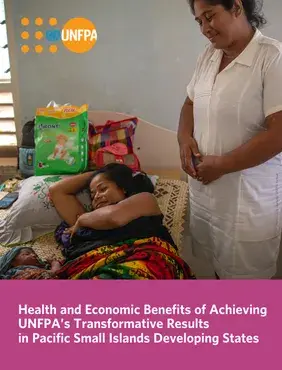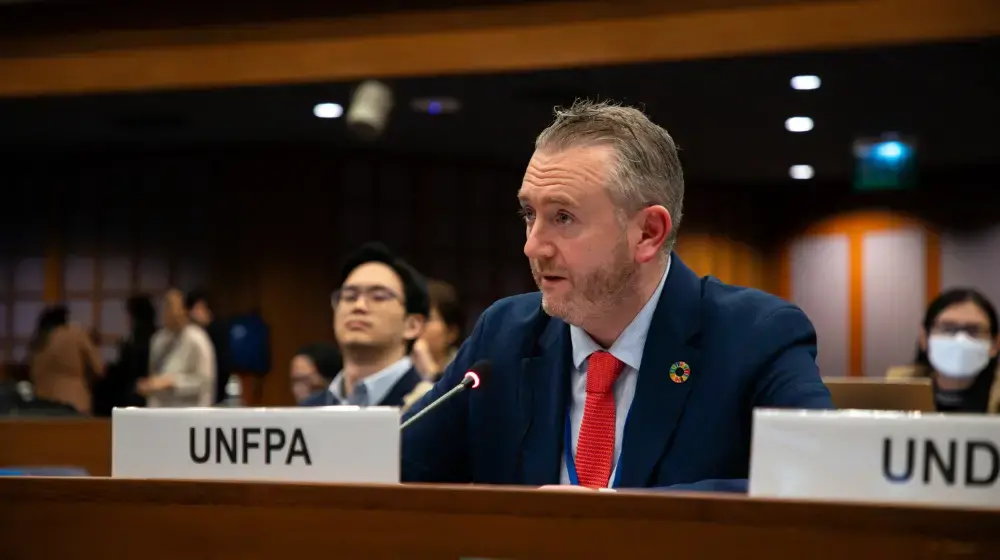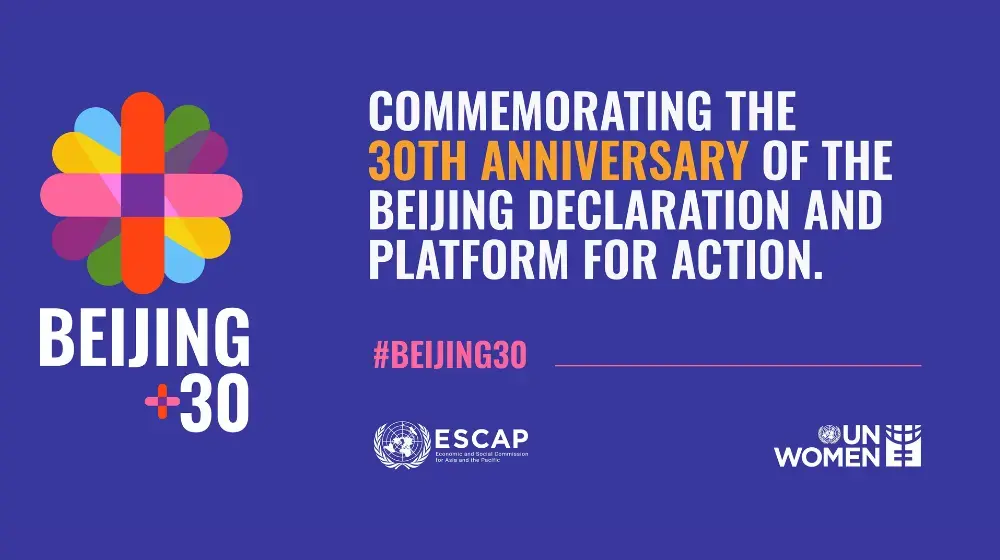This study focuses on tackling two of the most pressing national priorities for health and women’s economic empowerment and the realization of their human and reproductive rights in five Pacific countries. The Investment Case also provides evidence to governments, in the wake of the COVID-19 pandemic, or in the context of disrupted health systems due to the adverse effects of climate change or natural disasters, on how to prioritize health interventions and ensure the inclusion of family planning and maternal health services in essential health benefits packages and universal health coverage. Findings indicate that if an additional $13.4 million is invested between 2020 and 2030 in Kiribati, Samoa, Solomon Islands, Tonga, and Vanuatu, then the 2030 family planning and maternal health coverage targets could be achieved. This additional investment could avert 38 percent more unintended pregnancies than business as usual (17 percent of all pregnancies), 28 percent more stillbirths, and 29 percent more maternal deaths and could bring an estimated elevenfold economic benefit of $149.7 million.
This evidence emphasizes scaling up maternal health interventions to reach national targets and reduce maternal mortality, as well as empower women by reducing high levels of unmet need for family planning through increased investment in high-quality, rights-based contraceptive services. The estimates in this report illustrate that reaching these targets is not only possible, but affordable, and may well be within reach for the Pacific Island Countries.





